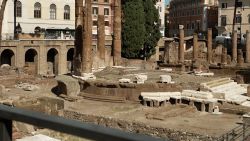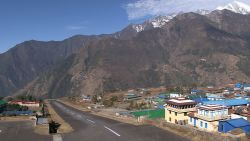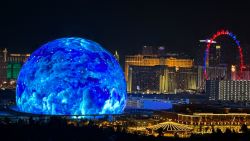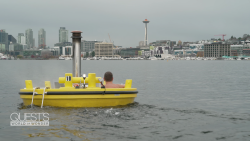Americans have long had a love affair with Italy. This summer, that love affair is on hiatus, and Italy is feeling the heartache.
According to the Italian government’s statistics bureau, six million US travelers choose Italy for their vacation each year. Lured by timeless dolce vita, dramatic coastal beach settings, food and wine, history and so much more, US travelers will largely have to do without this year.
As Europe transitions out of the emergency phase of the Covid-19 pandemic, border closures remain in place with only a handful of non-EU nations added to a “safe” list for essential travel only.
Italy hasn’t adopted the EU’s recommended list of safe countries, and the US – deemed a high risk because of a surge in coronavirus cases – wasn’t even on the list to begin with.
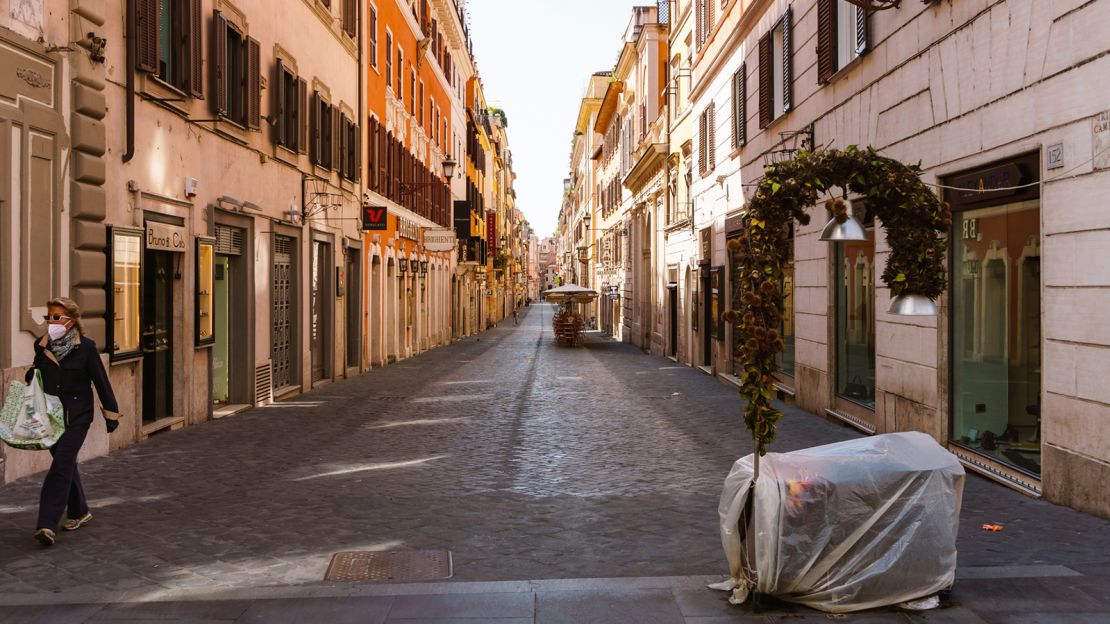
The continuing border closures mean an already struggling tourism industry takes another hit. Europe receives 16 million arrivals from the US each year, with almost half concentrated across Italy, so the estimated loss is significant.
While hotels, restaurants and tour providers across the country understand the need for caution, the announcement has nonetheless left them bereft.
Economic implications aside (Italian press outlets report US tourism brought nearly €3 billion to Italy in 2019), empty cities are also feeling the void of vibrant American travelers.
When not in Rome
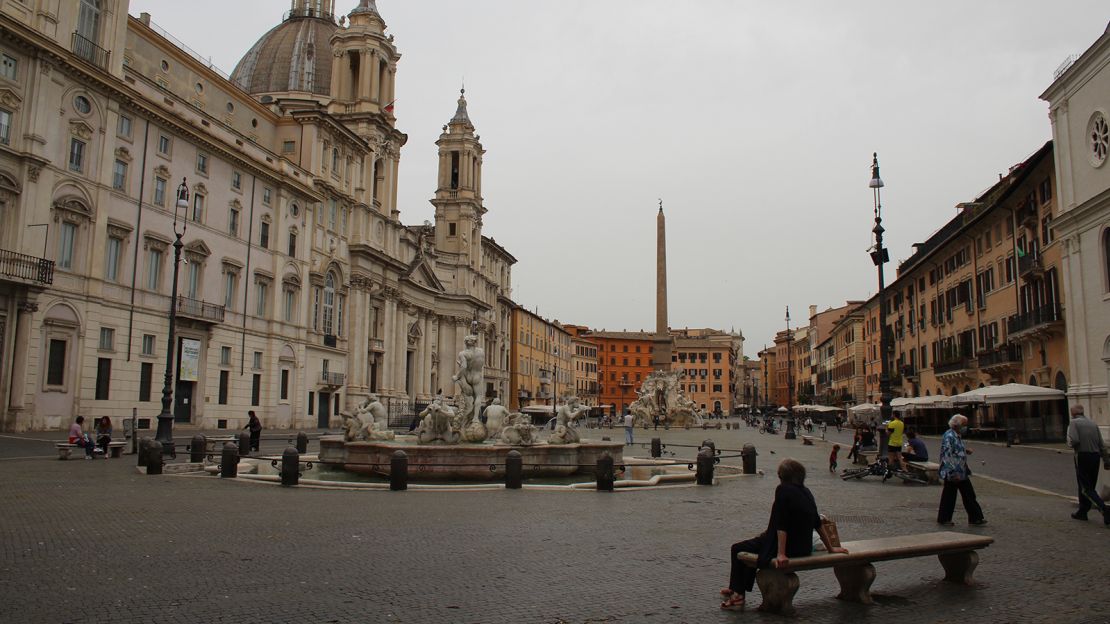
Rome is Italy’s most visited city and its principal hotel association, Federalberghi di Roma, says that 90% of hotels remain closed, an economic loss of about $115 million per month.
Natalino Gisonna, the vice president for Rome’s tourism branch of the national small-medium business confederation (CNA) and owner of Corso 281 Luxury Suites, says, “The majority of our clients are from the USA and the continuing ban has serious repercussions for us. Americans spend big in Rome and we don’t take this for granted. But mostly we miss their laughter and infectious curiosity for our country.”
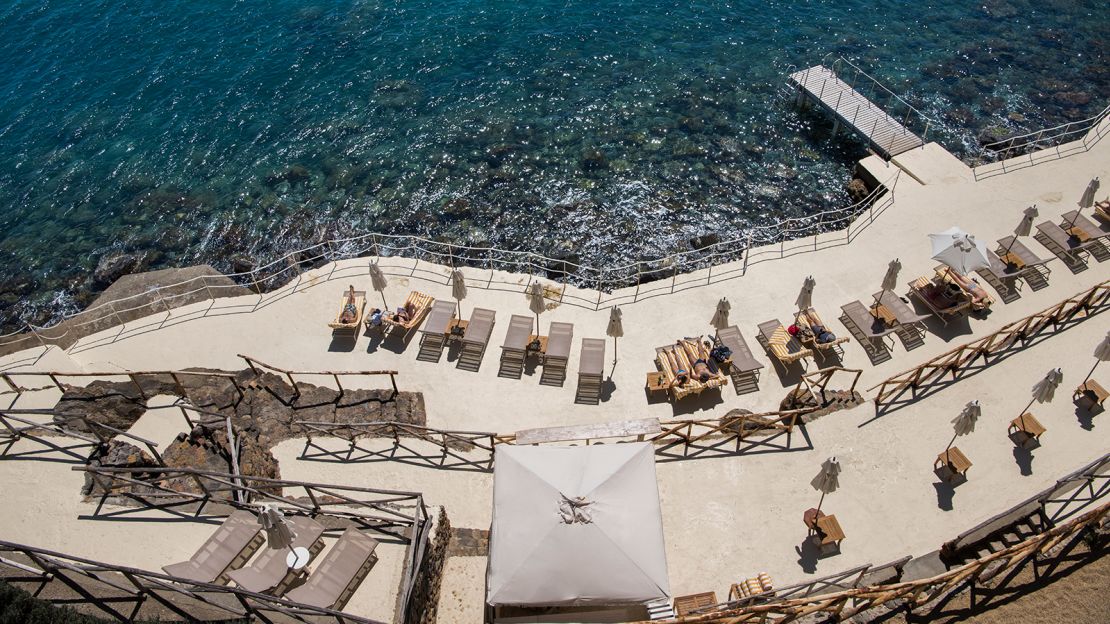
Hotelier Alberto Moncada di Paternò, an authority on all things Rome with art and culture in his ancestry – his grandfather rented one of his studios on the famed Via Margutta to Picasso – now owns Rome Luxury Suites.
He believes his city remains Americans’ favorite European destination. “We are feeling their absence but we know they will be back in the future because their thirst for Rome cannot be quenched. When they do return, we will readily and safely welcome them with open arms.”
Hotels closed, restaurants operating at much lower capacity and famous monuments without streams of people has made the city almost unrecognizable.
Even the sound and sight of Vespas zooming by with American tourists on their voyage to recreate those famous “Roman Holiday” scenes are gone. Now it’s just the Romans.
Missing the Tuscan sun
Hotels in popular coastal areas have joined the heartfelt chorus of longing for their American guests.
All regions are feeling the tourism void – Tuscany maybe most of all.
In many ways, this is American heartland. Put on the map by films like “Under the Tuscan Sun,” many US citizens even own villas in the area. Their access at this time is all but impossible.
Senio Venturi and Elisa Bianchini own the one-Michelin star Ristorante L’Asinello in Siena and note that before Covid-19, at least 20% of their clients were American.
Because of their vicinity to the popular Chianti valley, they maintain the indirect impact is more widespread. Chef Venturi says, “Americans make up such a significant proportion of the tourism in Chianti that for many businesses here, it hasn’t even been worth opening this season.”
He says the long-standing bond between Chianti, broader Tuscany and Americans has always been strong.
“American clients are always a pleasure for us because they are so positive and friendly. But importantly, they are loyal. They dine with us more than once during their stay, return annually and refer friends and family too.”
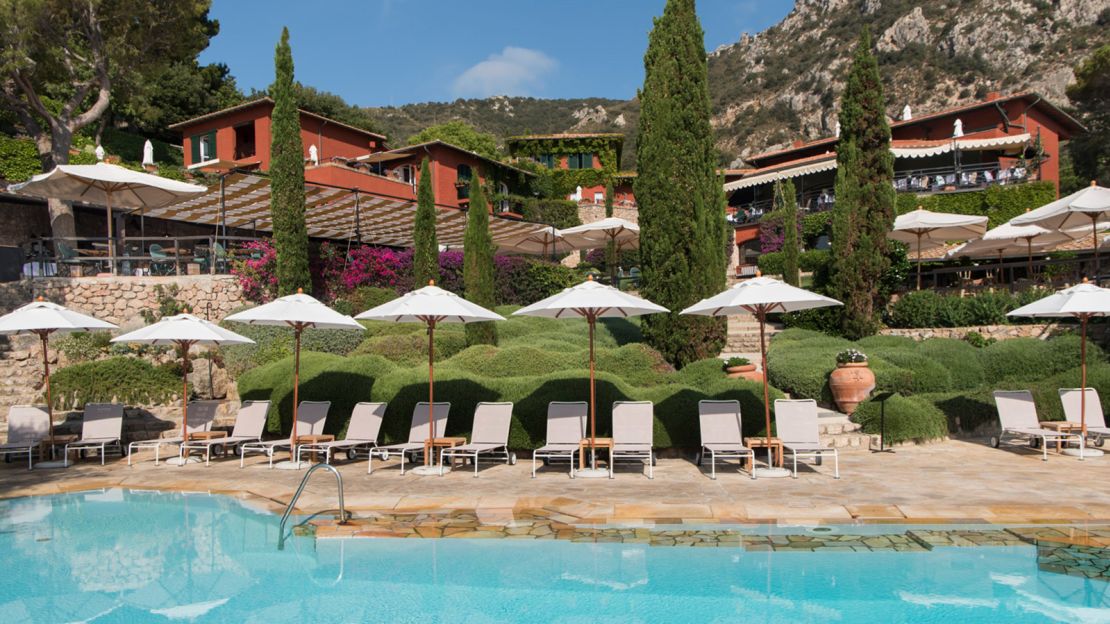
On the Tuscan coast lies ones of Italy’s most historic luxury properties, Hotel Il Pellicano of the Pellicano Group, which comprises the historic Roman beachside villa La Posta Vecchia and Ischia’s boutique Mezzatorre Hotel.
CEO and creative director Marie-Louise Sciò says this summer will be strange without the Americans’ fun and easygoing energy.
US travelers have been flocking to the region since the 1960s, around the same time American socialite Patsy Daszel and husband Michael Graham founded Il Pellicano.
The Hotel Pellicano has had returning guests for over 30 years and hope they’ll be able to welcome their loyal visitors by late summer, even though that seems largely optimistic at this point.
For now, Italophiles can get their virtual Italian fix and purchase bespoke Made in Italy products at Sciò’s recently launched website Issimo.
Quiet in Capri
Further south on Capri, where legendary Americans such as Jackie Kennedy Onassis and Grace Kelly set the VIP scene decades ago, hotels are also preparing for a season like no other.
Francesca Tozzi, general manager of Capri Tiberio Palace, says summer here will be visibly different in that visitors will be predominantly European. “Travelers from the United States and South America are our main market and not just for our hotel but the entire Italian luxury travel sector. It’s another world without the Americans, not just on Capri but Italy in general. We’ll certainly miss their genuine openness and informal nature.”
Americans too, are longing to return to the boot-shaped peninsula.
Susan Honnell from Cayucos, California, travels annually to Italy for the summer and is saddened by the changes this year.
“I had three months booked in Italy this summer – to the islands of Capri and Ischia, as well as Positano and the Amalfi Coast. I’m heartbroken knowing that my plans may be on hold for a long while yet. I am missing the beauty of the land and sea, beach life and the beach clubs. But most of all, I’ll miss the beautiful people, and the incredible food – especially at my very favorite Ristorante Michel’angelo on the Isle of Capri.”
Appetite for and of Americans
It will come as no surprise that the Italian culinary sector – so enriched by many family-run and generational businesses – is suffering. From the neighborhood pizzeria to fine dining, some are facing the prospect of not surviving at all.
One of Italy’s best pizzamakers, Pier Daniele Seu, owns Rome hotspot Seu Pizza Illuminati. He says the restaurant, with English-speaking staff and a cutting-edge menu, is usually geared towards a high-end international crowd. “The dynamic of our client base changed overnight. From Americans and even local American expats to only Italians. We miss the cultural exchange and their outward-looking nature,” Seu says.
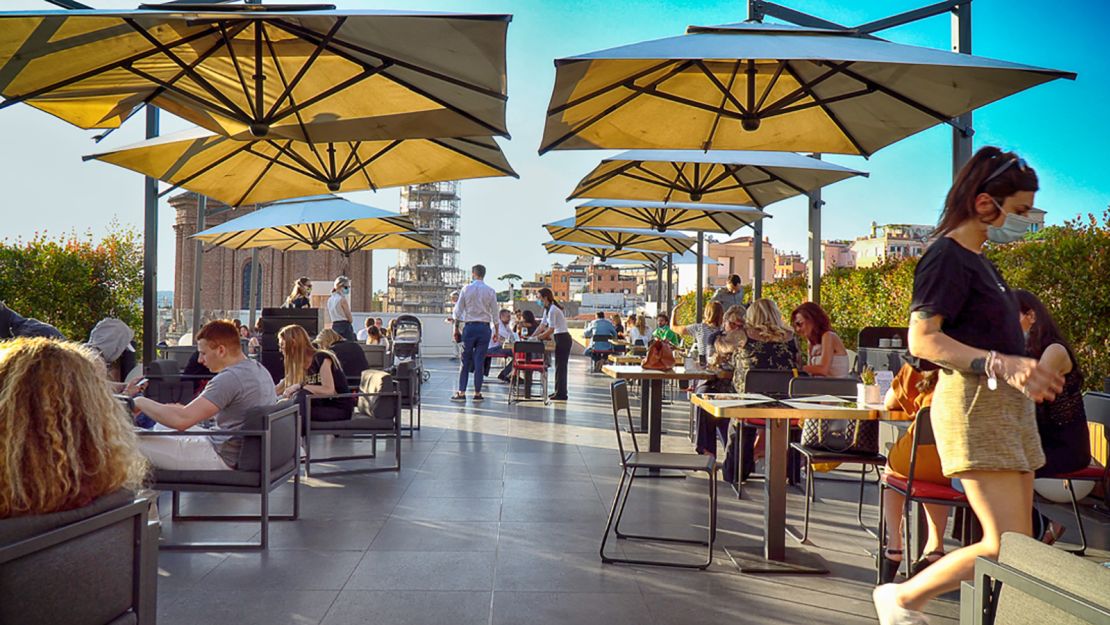
Rome’s hospitality sector is, in fact, critically reliant on foreigners. Restaurateurs Riccardo Di Giacinto and wife Ramona Anello who own Up Sunset rooftop bar and Michelin-starred All’Oro say they are just barely keeping afloat at the moment.
Di Giacinto misses the Americans’ encouragement and support. He also says he misses spoiling his clientele, a gesture which historically was met with smiles and hugs. “Their positivity is the fuel that makes us strive to do better,” says Di Giacinto.
Maria Pasquale is an Italian-Australian food and travel writer based in Rome. Author of I Heart Rome and founder of the award-winning blog HeartRome, her adventures can be followed on Instagram @heartrome.



